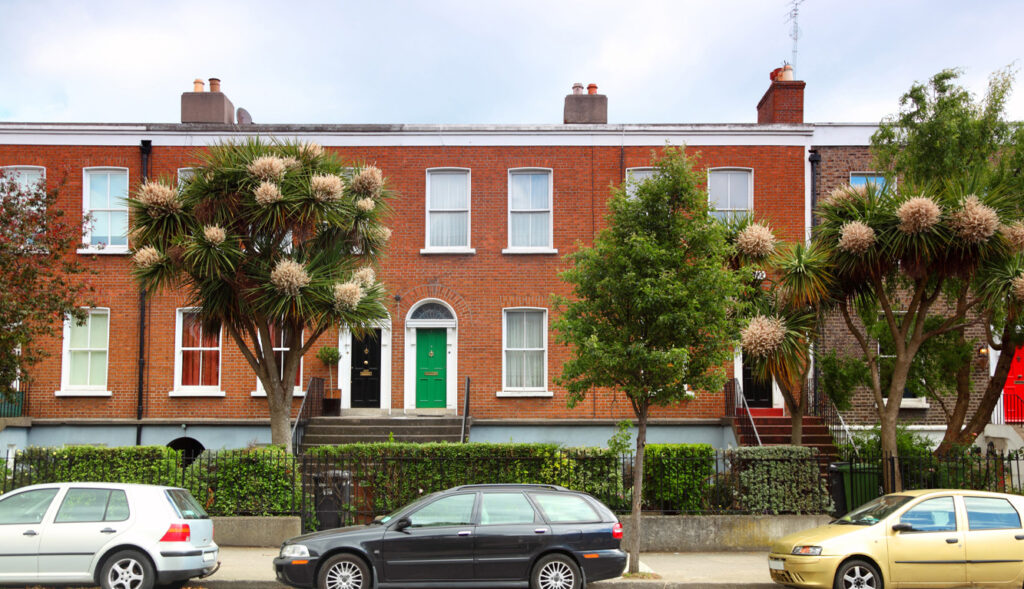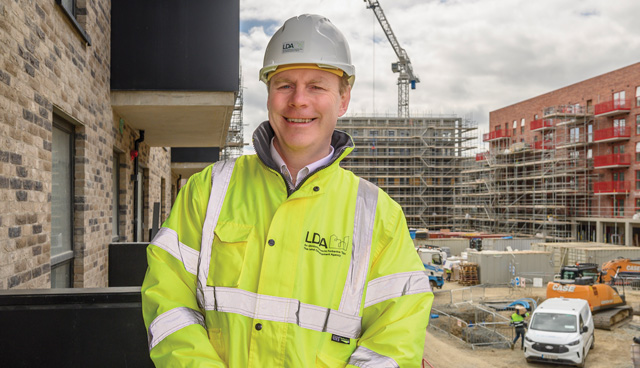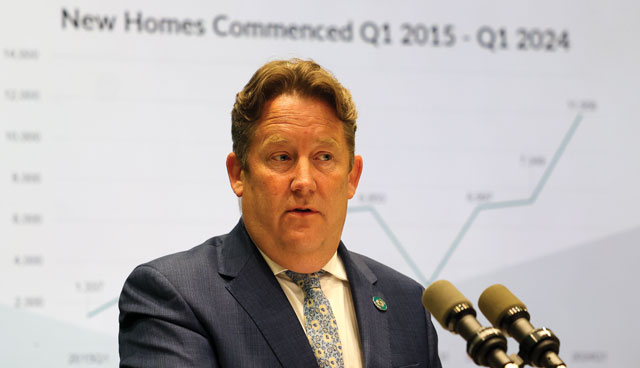
Making inclusive housing policy a reality
3rd July 2024
Transforming the Irish housing market: Hapi Homes and modern methods of construction
3rd July 2024Government to consider major RPZ reform

Housing Minister Darragh O’Brien TD has stated his intention to include proposals for significant reform of RPZs in the upcoming rental market review.
Since their introduction, RPZs have undergone change, but a comprehensive review of their effectiveness is still pending. The Minister for Housing, Local Government and Heritage, Darragh O’Brien TD has told Housing Ireland Magazine that the Review of the Private Residential Rental Sector is due to be published by Q3 2024.
Meanwhile, recommended reforms in the Report of The Housing Commission include replacing the current RPZ system with a ‘reference rents’ model.
Published in May 2024, the report states: “Rent regulation is an integral part of a well-functioning rental market, as both tenants and landlords need certainty.”
The stated objective of RPZs is to create a more stable and sustainable rental sector, thus providing predictability for both tenants and landlords. However, the system faces significant critique, including as an alleged barrier to investment. Furthermore, renters are increasingly experiencing affordability challenges due to “historically high rents, while those seeking to find rental accommodation are met with low availability”, according to the report.
The current market conditions in Ireland have become increasingly difficult for both landlords and tenants. Landlords have been constrained by the Rent Pressure Zone regime and have reported a lack of policy certainty and diminished net rental returns as reasons for leaving the rental market. The Housing Commission highlights the need for evidence-based regulation to balance affordability for tenants with the profitability and viability for landlords.
The Housing Commission asserts that the “methodology employed when extending the system to cover new areas is not fit for purpose,” leading to “inconsistencies”. For example, 74 per cent of private rented dwellings are currently under RPZs, but extending these zones is hampered by criteria based on average rents, leaving some areas unregulated.
Recommendations from The Housing Commission suggest substantial changes. These include transitioning to cost rental housing, where rents are based on the cost of provision, management, and maintenance, rather than market rates. This system, it suggests, would be managed by public and non-profit sector organisations to ensure long-term affordability.
The Commission also proposes that replacing the current RPZ system with a ‘reference rents’ model, pegging rent increases to local benchmarks and considering factors like management costs and household incomes. This, it contends, would unlock greater certainty for both landlords and tenants.
Speaking with the Housing Ireland Magazine, Minister for Housing, Local Government and Heritage, Darragh O’Brien TD reflects on these suggested changes within The Housing Commission’s report.
“The RPZs had a sunset clause. I inherited the RPZs. They had a rental increase ceiling of 4 per cent and when I came in [as Minister], I changed it to 2 per cent.
“The reason I extended the RPZs for one year is because we are in the middle of the Review of the Private Residential Rental Sector. They [RPZs] were due to end at the end of this year [2024]. I did not want a cliff edge, so we put it onto the end of 2025 to give certainty for the renter.
“The recommendations from The Housing Commission are interesting. I know some commentators gave them a guarded welcome and said they would be complicated and there is a complexity in relation to tagging rents in different areas. It is something that deserves consideration and I am going to be asking to be included in the Review of the Private Residential Rental Sector because it will be the next government who will make the decisions around what replaces RPZs.
“But what I really did not want was RPZs to just end this year and then anyone could set rents at any level. I announced it [the extension] in early May [2024] so that tenants and landlords are abundantly clear that the status quo remains until 2025. That is the right way to do it.”
Sinn Féin housing spokesperson, Eoin Ó Broin believes that The Housing Commission’s “critique of rent pressure zones is very well made”.
“It is something we have been arguing for a long time. Their talk of reference rents is interesting; it is a little bit different to our alternative proposal. As you know, we have proposed a ban on rent increases for three years, and then linking all rents to an index. But reference rents are baked into our proposals in terms of how you would set the rents for new properties coming into the market.”
What is a Rent Pressure Zone?
A Rent Pressure Zone (RPZ) is a designated area where rental increases are capped to protect tenants from sharp rent increases. In these zones, rent increases are limited to either the general rate of inflation or 2 per cent per year; whichever is lower. Initially, the rate was set to 4 per cent per annum.
This reduction applies to new and existing tenancies unless an exemption is granted, for instance, due to significant changes in the property’s nature. New rentals or properties that have not been rented in the past two years are exempt from RPZs. RPZs were to initially set to remain in place until 31 December 2024, however, on 14 May 2024, the Government agreed to extend the deadline until 31 December 2025.
Introduced in 2016, RPZs were part of the Residential Tenancies Act 2004, which prohibited rents above market rates and established mechanisms for dispute resolution, due to spiralling rental prices in certain areas.







